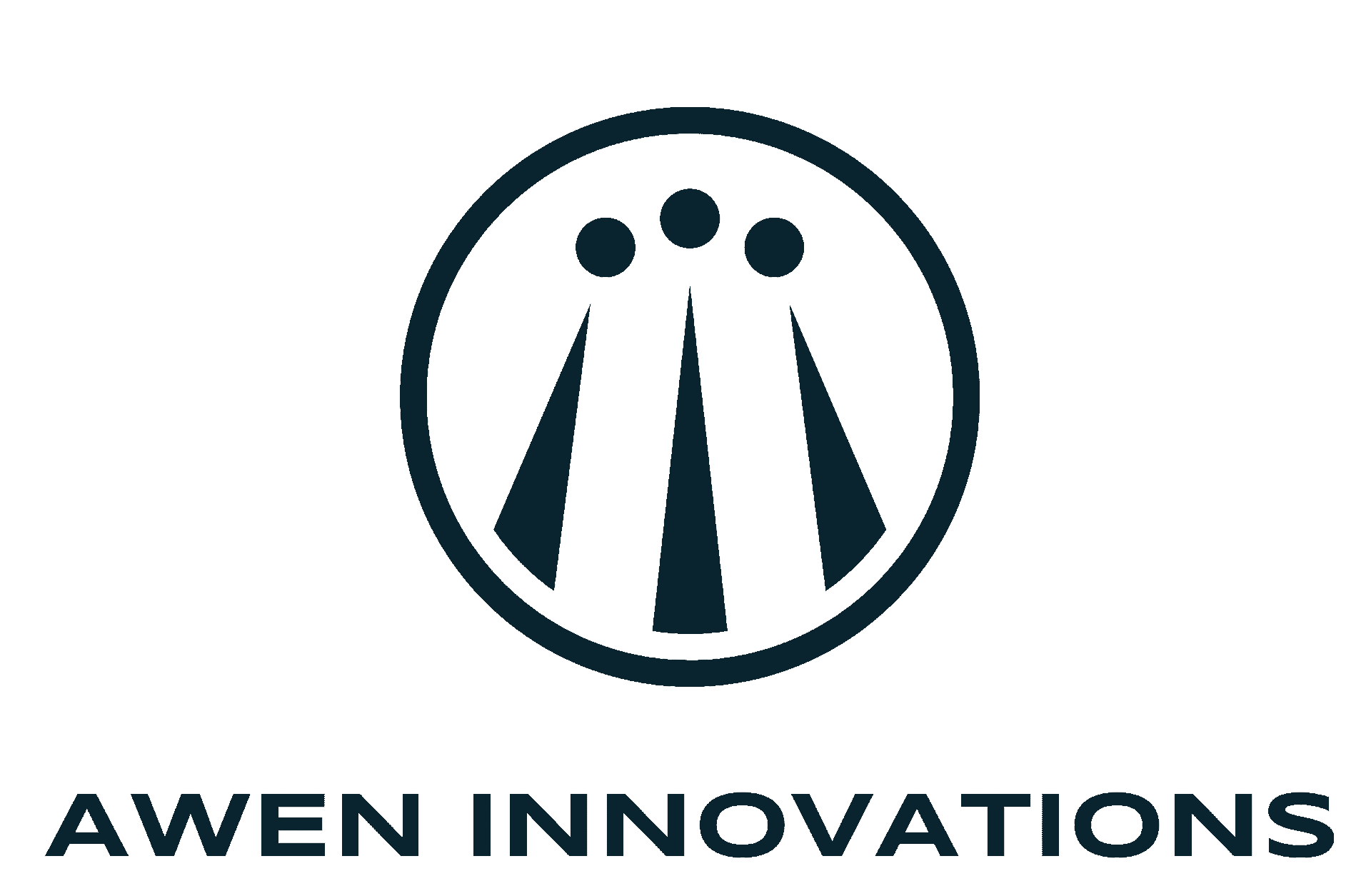
Software vendors use multiple agreements to govern their relationships with clients and protect their intellectual property. The most common agreement types are software licensing agreements and Software as a Service (SaaS) licenses. It is imperative for software vendors to understand when to use these agreements when transacting with clients and end users. This article discusses the critical distinctions between software licensing agreements and SaaS licenses to inform more effective business practices for software vendors.
Software Licensing Agreements
A software licensing agreement is a legal instrument that governs the redistribution or the use of software. Software vendors typically own the copyright to their software. The copyright laws effectively provide the software vendor a monopoly over the right to reproduce and distribute the software. Thus, a recipient of the software must receive a copyright license to copy and use the application on their computer.
One type of software licensing agreement is an end-user licensing agreement (EULA). Video game companies commonly create EULAs to govern the use of interactive role playing video games (RPGs). RPG EULAs grant a license to the gamer to install and store a copy of the gaming software on their computer. RPG EULAs typically include additional license limitations such as prohibitions against using cheat codes, making modifications to the software, and granting sub-licenses to other gamers. Such limitations become critical when defining the ownership of intellectual property rights in the RPG software.
SaaS Licenses
A SaaS license is a legal instrument that governs a client’s use of a software service provided and hosted by a software vendor. One common SaaS license found in the business world is for the use of cloud computing services like Amazon Web Services (AWS). AWS’s cloud computing software is never downloaded on a user’s computer because it is hosted on Amazon’s web servers and accessed by the user through the Internet. Unlike RPG EULAs, copyright laws are not invoked since the user does not download a copy of the software on their computer. In other words, AWS’s SaaS license governs the user’s access to Amazon’s software service via the internet for the term of the agreement. Typical provisions SaaS licenses govern the user’s right “to receive the Service” during the subscription period, data ownership allocation, and various security considerations.
Key Takeaway
Software vendors should use software licensing agreements when the software is copied to the user’s computer and that user receives a license to reproduce and utilize the copyrighted software and should use SaaS licenses when the software is provided as a service accessible over the Internet.
Tyson Benson is a patent attorney with Vivacqua Crane PLLC, an intellectual property law firm specializing in intellectual property procurement, protection, and strategy. Tyson has served clients ranging from startups to universities to Fortune 500 companies in obtaining patent protection in a wide variety of new and emerging technologies.
